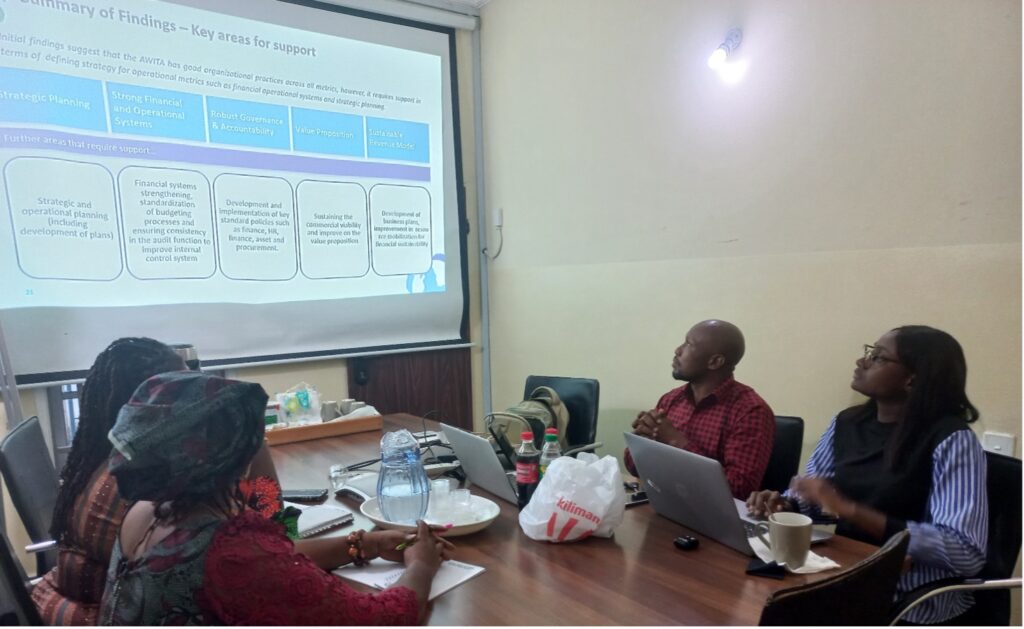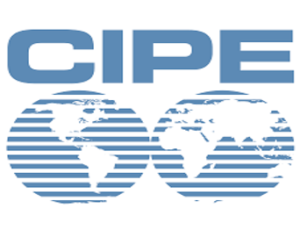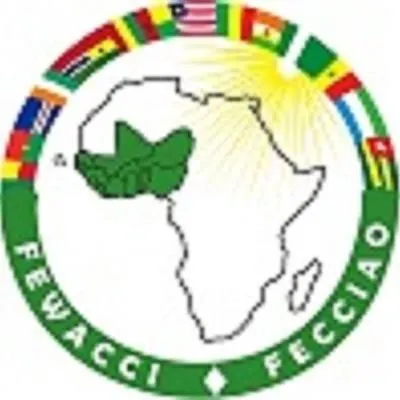Africa’s economic landscape has been evolving rapidly over the past few decades, with private sector associations playing a crucial role in driving growth, innovation, and job creation. However, many associations, comprising largely small and medium-scale enterprises, are not financially sustainable due to a myriad of factors that tend to limit the impact of these associations. The CLOSA project is working with associations in West Africa to address this challenge through an adaptive learning process that leverages local and regional expertise and connections to test, adapt and apply evidence from a robust multi-country knowledge base on building sustainable private sector associations.
The CLOSA project is working with associations in West Africa to address the financial sustainability of many small and medium-scale enterprises through an adaptive learning process that leverages local and regional expertise and connections to test, adapt and apply evidence from a robust multi-country knowledge base on building sustainable private sector associations.
The Association of Women in Trade and Agriculture (AWITA), along with 33 other associations in Nigeria, Ghana, and Senegal took part in a comprehensive assessment organized by the USAID local works, Connect and Learn for Sustainable Associations (CLOSA) project from December 2022 to March 2023. The assessment utilized a newly developed diagnostic tool that not only helps associations understand their current state, but also describes the ideal state to enhance support to their members, as well as financial sustainability and commercial viability.
The assessment tool evaluated performance parameters specifically across the mission and strategic plan, financial operations, governance, value proposition, and sustainable financing model. While AWITA demonstrated commendable organizational practices across various metrics such as vision and mission statements and board governance structures, there were other areas that required strengthening, like many associations in West Africa. These included (i) refining the association’s strategic and operational planning, (ii) the establishment of robust financial systems such as standardized budgeting processes, and consistent internal auditing for enhanced control, and (iii) the development and implementation of crucial policies in finance, human resources, assets, and procurement.
Speaking on the results of the assessment, Mrs. Ruth Agbo, President of AWITA stated “We were really inspired by some of the findings from the assessment and decided to change the way we operated by seeking guidance on how we could start working to improve our organizational systems. For instance, in March 2023, we engaged a management consultant who worked closely with us for two months. This engagement led to the development of essential organizational and operational policies for AWITA, including the creation of an operational manual, financial guidelines, and a gender policy document. These policies represent crucial steps towards improving AWITA’s operations and transparency.”
The association is currently working on implementing these policies and guidelines into their day-to-day processes, with the goal of enhancing accountability and transparency.
Established in 2019, AWITA is a remarkable organization founded by Nigerian women in the fields of trade and agriculture with the aim of empowering women within these sectors and equipping them with the relevant resources necessary to unlock their full potential. With a vision to accelerate women’s economic empowerment and participation in socio-political development, AWITA seeks to boost its commercial viability, fine-tune its value proposition, create robust business plans, and bolster resource mobilization for long-term financial sustainability.






